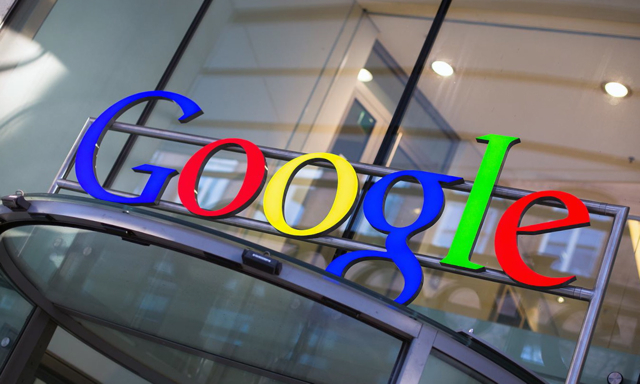Spike in Takedown Requests Questions Effectiveness of DMCA
March 31, 2016
In the first 12 weeks this year, Google received takedown requests for 213 million links, representing a 125 percent increase over the same period in 2015, to remove copyright infringing sites, as per the Digital Millennium Copyright Act. The spike does not represent a dramatic increase in piracy but, rather, new automated tools for finding copyright violators as well as more copyright holders actively looking for infringers. The MPAA and Recording Industry Association of America say it’s proof that the DMCA isn’t working.
Variety quotes ABI Research analyst Sam Rosen who says “copyright-prevention services are becoming more a mainstream part of doing business.” Although Hollywood studios and major record labels were the first to use DMCA, now music labels and international music licensing organizations have joined them in requesting takedowns.
“The large volume of removal requests cited in Google’s Transparency Report clearly illustrates the magnitude of the piracy problem and the ineffectiveness of the ‘notice and take down’ system,” said MPAA executive Chris Ortman. “If this system were working, the numbers would be going down — not up.”
RIAA executive Cara Duckworth adds that DMCA “is fundamentally broken and needs to be updated to reflect the modern Internet age… For content creators everywhere who must work tirelessly to keep illegal copies of their work off the Internet, there must be a better way.”
RIAA member companies have submitted about 10 million removal requests in the last 12 months, says Variety, which also cites Google data to report that, in the same time period, Fox has submitted 13.8 million URL removal requests, HBO 10.1 million, Paramount Pictures 8.8 million, Disney 8.2 million, CBS 8.0 million, NBCUniversal 6.3 million and Lionsgate 6.2 million.
Google, which says it updated its search algorithms in 2014 to “more effectively demote sites that have received a large number of DMCA takedown notices,” declined to comment. But the U.S. Copyright Office is now soliciting public input to evaluate “the effectiveness of the safe-harbor provisions of the DMCA,” with a deadline of April 1.


No Comments Yet
You can be the first to comment!
Sorry, comments for this entry are closed at this time.